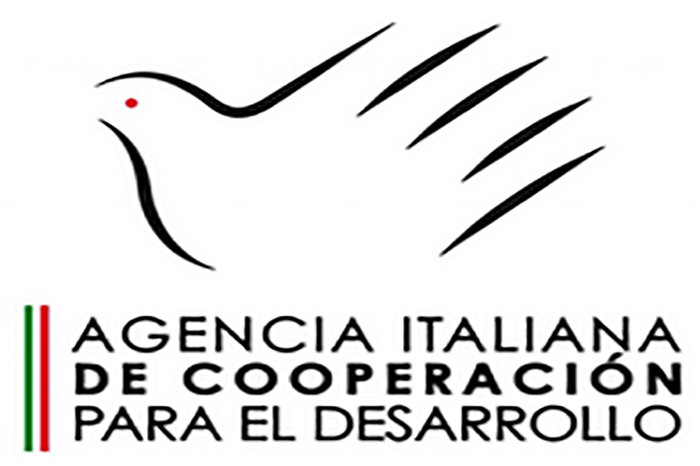Cuba to launch new project to boost agriculture
- Written by Redacción ¡ahora!
- Published in Cuba
- Hits: 813

As part of the implementation of the HAB.AMA project, funded by the Italian Agency for Development Cooperation (AICS), a delegation of experts from the Emiliano-Romagnolo Canal (CER) will visit Cuba from June 17 to 26 to present new initiatives aimed at promoting innovative agricultural practices in the country.
HAB.AMA is a food self-sufficiency project focused on developing sustainable economic initiatives on the island. It will pave the way for the implementation of the new ACQUA CAMPUS CUBA proposal, which will strengthen innovative irrigation systems in the country.
This initiative is supported by AICS and CER, in collaboration with the Ministry of Agriculture and the Tropical Fruit Research Institute.
Lorenza Stano, AICS communication specialist, explained to the Cuban News Agency that the project’s main mission is to provide technical assistance to develop pilot programs in three key research-production areas. Its focus will be on the efficient use of water resources in agriculture through automated irrigation systems, using automatic weather stations and soil moisture sensors.
During their visit, the CER experts will carry out key activities and provide guidance on the installation and operation of appropriate irrigation equipment in different locations across the country. Some of these installations will be in experimental areas for adapting bioplants obtained through somatic embryogenesis at the Alejandro de Humboldt National Institute for Fundamental Research in Tropical Agriculture.
These initiatives will also be implemented in vegetable and fruit production sites such as the "Sí se puede", "Las Piedras", "La Yoandra", and "Julito Díaz" farms in the Havana municipalities of Boyeros, Guanabacoa, and Arroyo Naranjo, respectively.
The core objective of this new proposal is to build on the results of the HAB.AMA project, joining efforts to increase local production and access to healthy, diverse foods through an economically sustainable strategy. (Source: ACN)
